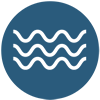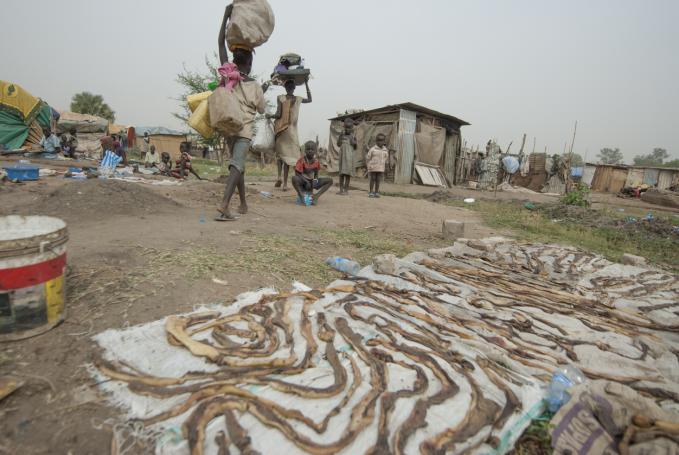STORIES
Fishermen in the net
of shared knowledge
Webport is a platform that helps Mediterranean fishermen revive their endangered jobs by sharing innovative and competitive fishing practices.
Albania, Algeria, Egypt, Italy, Lebanon, Morocco
Threatened by climate change and even more by large-scale fisheries, small-scale fishermen in the Mediterranean Sea are at risk of extinction. New generations are increasingly reluctant to follow in their parents' footsteps, and the opportunities to enhance the value of the catch with a resulting income improvement depend significantly on the type of market the fisherman manages to enter.
Moreover, fishermen need to look for other sources of income for their activity (like tourism, catering activities, etc.) to improve their status and well-being. Their intrinsic solitude, thus, has consequences not only on their sons' willingness to keep this job alive but also on the variety of fish that end up on consumers' tables, which provide quality protein intake and substances with high health value (Omega 3) in people's diets.
Threatened by climate change and by large-scale fisheries, small-scale fishermen in the Mediterranean Sea are at risk of extinction.
Webport, a web platform within the Nemo project, has been launched by the Italian Agency for Cooperation and Development (Aics) and Ciheam of Bari. Its primary objective is to connect small-scale fishermen operating on the shores of the Mediterranean Sea, facilitating the sharing of knowledge on innovative and competitive fishing practices and diversification options. This platform aims to enhance their income and attract younger generations to engage in this traditional field.
Around 80 fishermen from all parts of the Mediterranean coasts have been involved in this project. They now have the opportunity to learn new techniques and experiences from colleagues operating in the rest of the Mediterranean. This knowledge exchange is made possible by connecting different pilot groups via video calls, which include language support for non-Arabic speakers. The Tricase group (Puglia, Italy) has played a significant role in animating these sessions, providing practical and concrete experiences of multifunctionality (catering, fishing tourism) and integration with scientific research.
During these meetings, fishermen described their experiences and techniques for catching various species. Then, they shared different aspects of culture, traditions, gastronomy, and environment, reinforcing the idea of fishermen as a bastion of biodiversity conservation.
Webport has brought about visible changes in many communities.
Webport has brought about visible changes in many communities. For example, in Matrouh (Egypt), the local cooperative company can now manage its catch market independently. Introducing a shared recipe book with the company has allowed restaurant owners to maximize the use of poor fish, leading to increased income. In Zarzis, Tunisia, fish conservation has been improved by introducing ice and conservation boxes aboard, and fishermen's wives can now manage their local restaurants.
On the other shore of the Mediterranean Sea, Tricase is known for its successful collaboration projects with various communities. One of these communities is Tyre in Lebanon, which worked with Tricase to improve environmental management and coastal monitoring. As a result, an environmental observatory and a center for the healing of sea turtles were established within the Tyre Coast Nature Reserve.
All these experiences, along with the other ones in Algeria, Morocco, and Albania, contributed to creating a new shared set of principles, practices, and ways of conduct that are at the backbone of the survival and thriving of an old and yet still fundamental job, in the hope that "wave after wave," as the project states, coastal communities will be rebuilt and reinforced, attracting and involving the future generations.












.png)